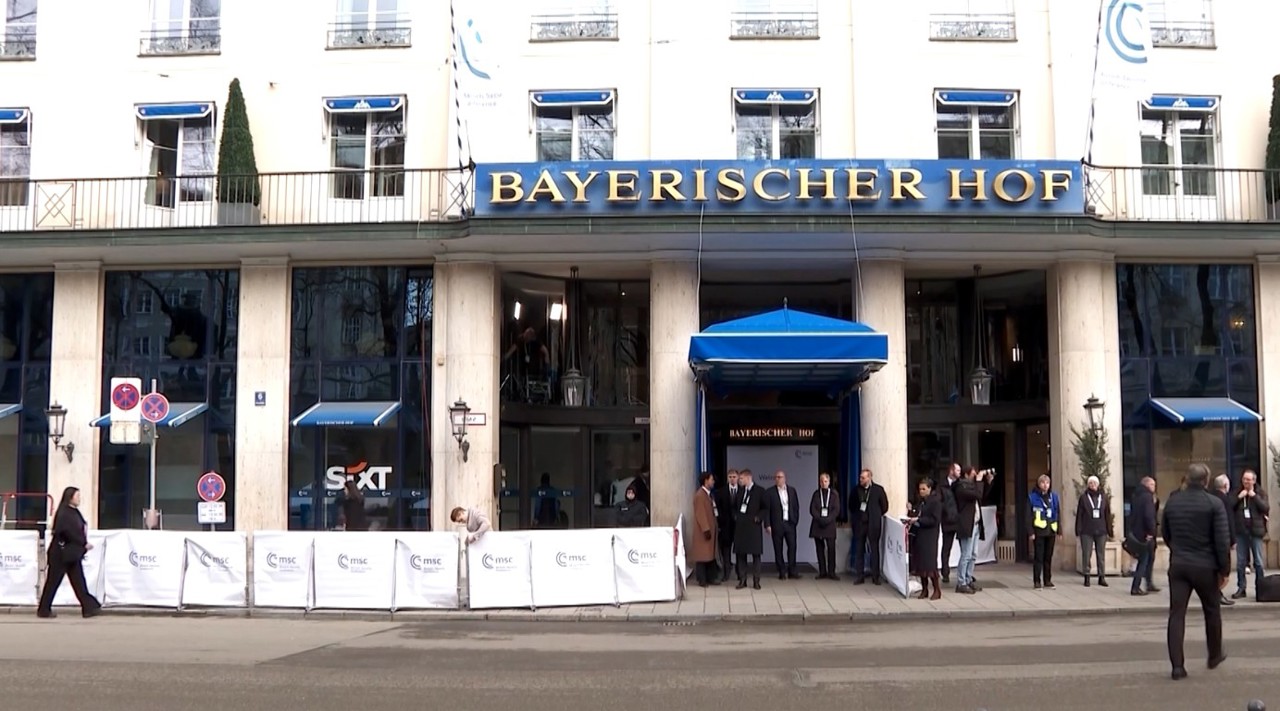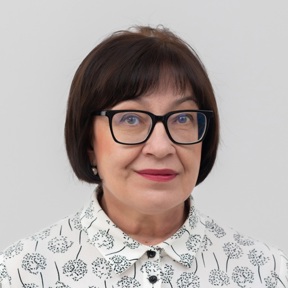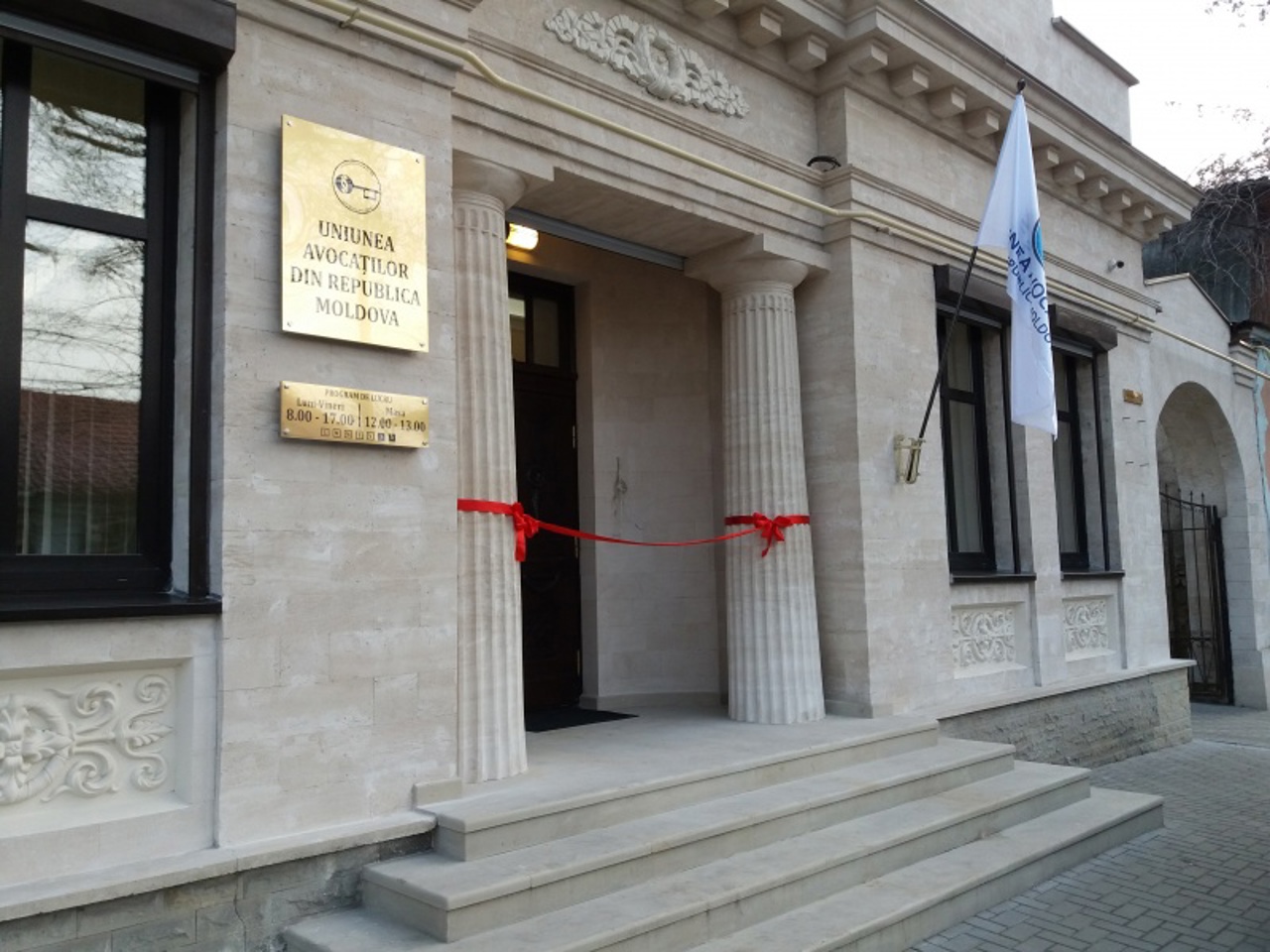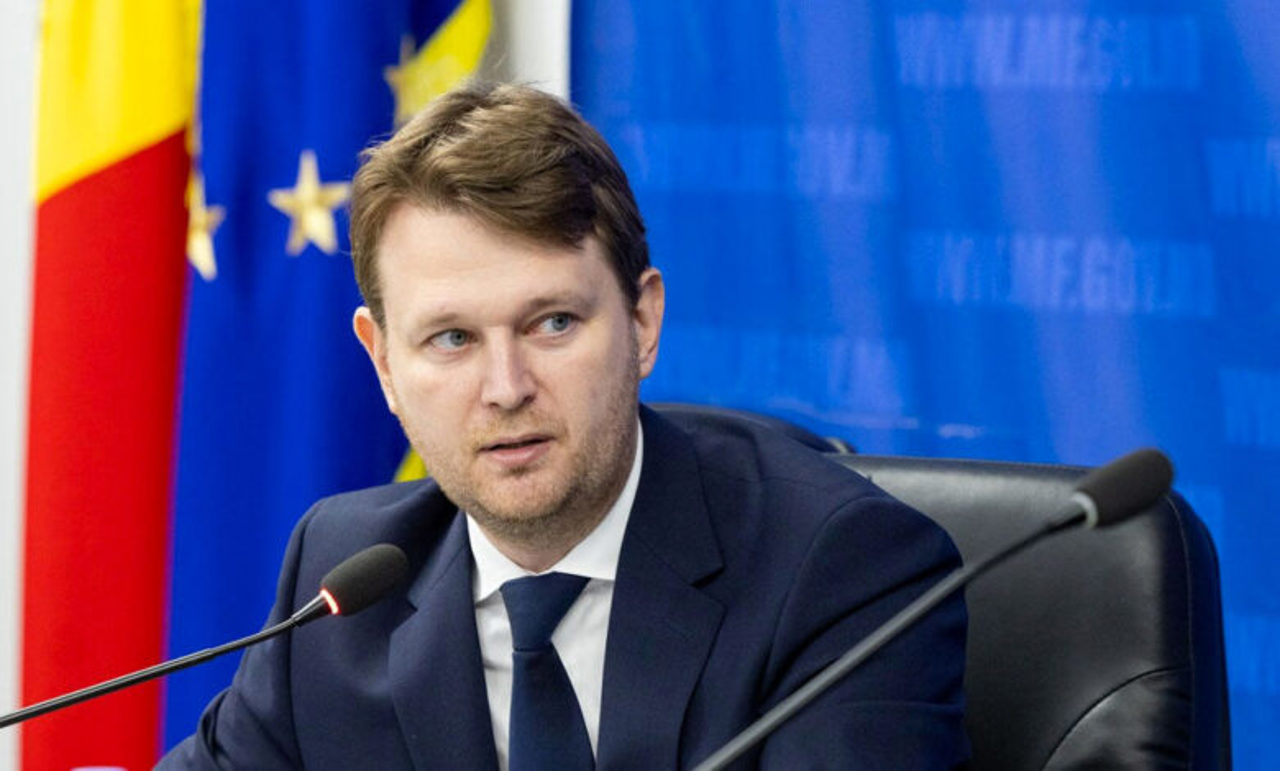Moldovan views on sovereignty: A nation divided
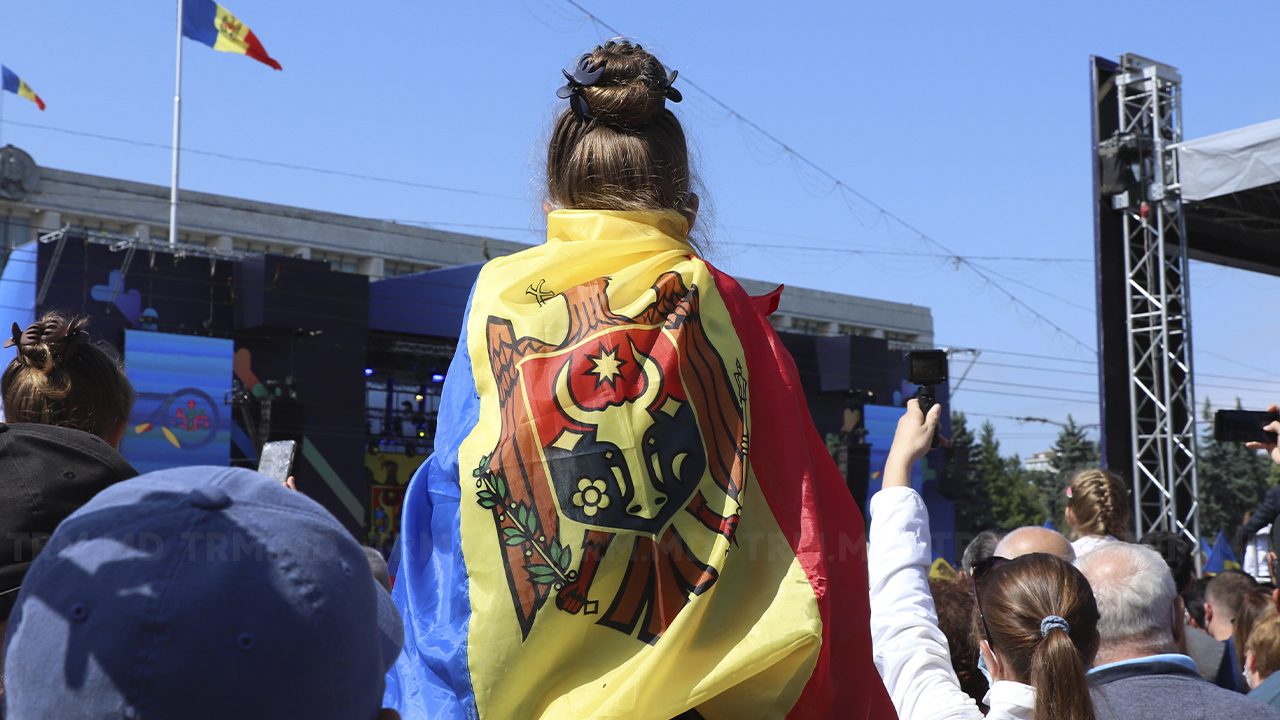
Thirty-five years after adopting the Declaration of Sovereignty – which laid the groundwork for separating from the Soviet Union and affirming the people's right to self-determination – Moldovans remain divided on the country's sovereignty.
Some firmly believe Moldova is a sovereign state; others fear this status is increasingly fragile, while some directly state they can't truly consider it an independent country.
What Moldovan citizens think about sovereignty
Residents of Vorniceni village, Strășeni district, say the status of a sovereign state exists only on paper, and that in reality, it's different, especially given the geopolitical situation:
- "Document-wise, yes, it's known to be sovereign, but generally, not really. These opposition parties, they create problems for us."
- "Our sovereignty is in danger because things aren't good around us. We're in danger."
- "We have the right to a voice, so to speak, as a people. But that's not the case. We're controlled from A to Z."
In the capital, people believe Moldova is sovereign but acknowledge much work remains to strengthen this status:
- "It has its own laws; it's not under anyone's dictatorship. It can implement whatever it deems fit for the people."
- "We have independence; we celebrate our independence holidays; we have leaders who can govern the country."
- "Compared to other countries, we still have a lot of work to do to be on par with Romania and other states."
In the Gagauz region, locals consider Moldova a sovereign state and speak about the role of friendship and peace in maintaining this status:
- "I want our country to be independent, as stipulated in normative acts: friendly relations with neighbors, trade, and neutrality."
- "I believe this country has been sovereign for a long time. Sovereignty means democracy, being a free state that can make its own decisions, and having constitutive elements. That's what sovereignty means. I believe that, currently, Moldova respects this sovereignty."
- "We need to be friends with other countries, help each other. Of course, there should be peace among countries."
What affects Moldova's sovereignty
Sovereignty is the fundamental principle that guarantees a state full control over its territory, population, and its own decisions.
Public policy expert Andrei Curăraru explained to Teleradio-Moldova that beyond laws and institutions, sovereignty also implies control over resources, the use of force, and the direction of foreign policy.
Although Moldova is recognized as a sovereign state, the reality is influenced by several factors.
"The Transnistrian conflict and the lack of control over the entire territory affect our sovereignty," Curăraru emphasized on Moldova 1.
Transaltion by Iurie Tataru

